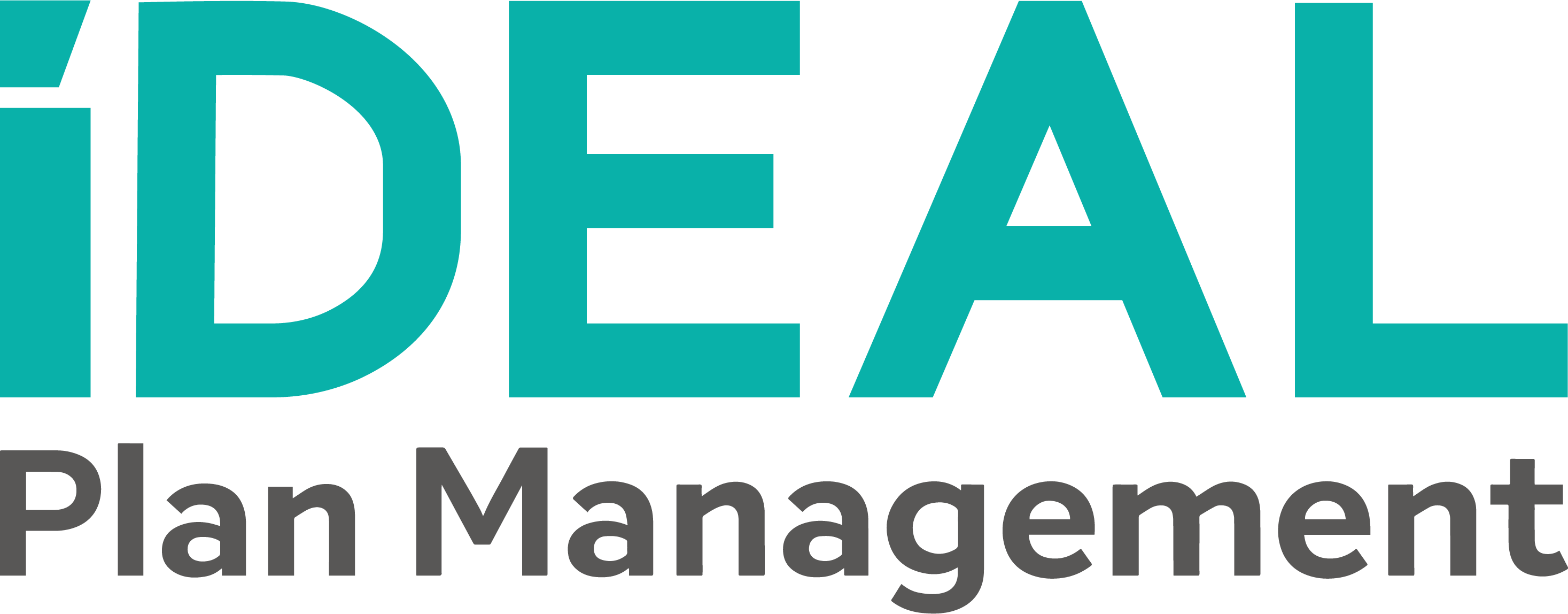1. Policy
All affiliates (participants and their families, support coordinators and other providers) are encouraged to provide feedback to IDEAL Plan Management for both positive and negative experiences.
Information on how to make a complaint is provided to participants in IDEAL’s Service Agreement and is accessible to all stakeholders and the public on IDEAL’s website. In addition, participants are encouraged to provide feedback throughout their service experience through their interactions with our staff.
IDEAL staff are informed of this policy when they are onboarded and reminded annually during company updates.
All feedback, both positive and negative, is used by IDEAL to evaluate services and to make changes to ensure everyone is safe and satisfied.
Complaints will be managed as per the National Disability Insurance Scheme (Complaints Management and Resolution) Rules 2018, and the NDIS Commission Effective Complaint Handling Guidelines for NDIS Providers.
2. Outcome
Our feedback and complaints policy ensures the following outcomes:
- All affiliates are aware of how they can provide feedback or make a complaint.
- All affiliates have their concerns satisfactorily addressed, feel supported through the feedback and complaints process and iare kept informed of progress with their issue and of any changes made.
- All feedback and complaints are recorded, tracked and managed, and improvement opportunities identified to enhance service delivery procedures and improve participant satisfaction.
3. Definitions
Complaint Is a statement that something is unsatisfactory.
NDIS Commission “A complaint is an expression of dissatisfaction made to or about an organisation, related to its products, services, staff or the handling of a complaint, where a response or resolution is explicitly or implicitly expected or legally required.”
Feedback Information about reactions to a service, a person's performance of a task, a product etc. which is used as a basis for improvement.
Feedback can be positive or negative.
4. Related Policies / Documents
- Incident Management Policy and Procedures
- Risk Management Policy
- Risk Management Register
- Incident and Complaint Report form
- Incidents and Complaints Register
5. Procedures
Making Participants Aware that Feedback, including Complaints, is Welcome
a) Participants are provided with information on how and where to provide feedback / make a complaint before services commence through provision of information:
- In IDEAL’s Service Agreement
- On IDEAL’s website
b) Participants have the opportunity to provide feedback / make a complaint at any time and more particularly at the time of reviews and plan renewals
c) Usually, the best way to provide feedback or complaint is through the usual day to day contact point at IDEAL including the contact form on IDEAL’s website. Participants and anyone else can also provide feedback or make a complaint by contacting IDEAL’s Designated Complaints Escalation Officers (Team Leaders at IDEAL):
Team Leader – IDEAL Plan Management
manager@idealplan.com.au | 1300 800 110
c) It is not necessary for participants to discuss their complaint with IDEAL staff. Participants or their representatives can complain directly to the NDIS Quality and Safeguards Commission about IDEAL or how IDEAL has managed a complaint.
- via phone 1800 035 544
- by completing the Complaint Contact Form.
Management of a Complaint
Management of a complaint will be handled as follows:
a. It is critical that the complainant (participant or their family member, support coordinator or other provider) feels the complaint has been adequately acknowledged and they are given time to express how it has affected them and what actions they would like to see taken.
b. If possible, the IDEAL staff member, taking the complaint from the participant, will talk fairly, sensitively and confidentially to the person making the complaint in a way which reflects their individual, cultural and linguistic needs.
c. The IDEAL staff member should record as much detail as possible about what happened and why the complaint has been made.
d. The IDEAL staff member who receives the complaint will discuss the complaint with a team leader, manager or director (senior IDEAL staff) who will then contact the complainant as soon as practically possible, but at least within 2 business days.
e. The complaint is recorded in the Incidents and Complaints Register by the senior IDEAL staff who handles the complaint.
f. The senior IDEAL staff will, in collaboration with the complainant, decide on the course of action. The actions should include / address:
- How to resolve the complaint. This could include acknowledgement, an apology, answers and / or actions
- Where appropriate, seeking feedback from others e.g. other clients / Participants, other IDEAL staff involved
- When, how and through whom (e.g. advocate) complainant will be kept informed of progress
- How to improve the service if required. This could include:
- Further training of staff involved
- Reviewing and enhancing policies and / or procedures
- Reviewing and enhancing communications with participants, support coordinators and / or other providers
g. If the complaint is of a serious nature (e.g. mandatory reporting required, could lead to litigation), a formal incident investigation will be conducted and documented (use the Incident and Complaint Report Form) to explore what led to the complaint and if any steps are required for mandatory reporting purposes.
Note: If police are involved in the incident, no internal investigation is to commence until the police investigations are complete
h. Start implementing agreed actions, keeping the complainant informed.
i. Actions will be monitored by IDEAL team leaders (Designated Complaints Escalation Officers) and updates on progress will be added to the register until the complaint is satisfactorily addressed
- If the complainant is not satisfied with the outcomes of the initial discussions, an IDEAL team leader, manager or director will be involved to assist with discussions.
k. If the complainant is still not satisfied with the way the complaint has been handled or the outcomes achieved, they can contact the NDIS Quality and Safeguards Commission. Contact details will be provided to the participant.
l. The Incidents and Complaints Register and all related documents are to be kept for 7 years.
